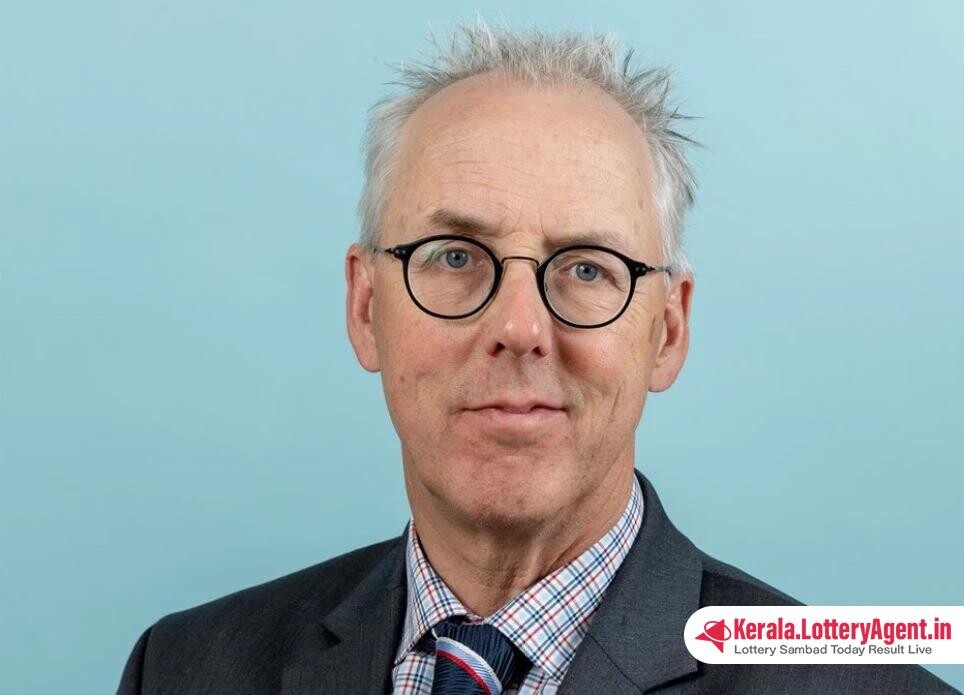
The Netherlands gambling regulatory landscape is poised for a major leadership transition as the Kansspelautoriteit (KSA) – the Dutch Gaming Authority – prepares for a change in chairmanship. Michel Groothuizen is slated to assume the top role as KSA chairman starting July 1, 2024, succeeding René Jansen, who has led the authority for six productive years. Jansen opted not to seek reappointment upon reaching the retirement age at the close of 2023, paving the way for Groothuizen to take the reins.
Currently serving as the deputy director general of the Judicial Institutions Service, Groothuizen is no stranger to the complexities of the Dutch legal system, having previously occupied the post of director general at the Netherlands Institute for Forensic Psychiatry. His extensive experience within the Ministry of Justice and Security has seen him at the helm of policy directives, particularly as the policy director and director of Financial Economic Affairs (FEZ) within the administrative department.
Perhaps most notable is Groothuizen’s foundational role in the creation of the KSA itself, a task he undertook during his tenure as policy director. “From 2007 onwards, as policy director, I was responsible, among other things, for the gambling dossier,” Groothuizen recounted. “One of my tasks was to establish the Gaming Authority. We succeeded in 2012.”
The incoming chairman inherits the task at a critical juncture, when the emphasis on safer gambling practices is at its peak. Groothuizen articulates a commitment to addressing this very “challenge,” acknowledging the long gestation period of new legislation aimed at online gambling regulation, which took nearly a decade to materialize after his initial involvement with the legislation’s inception. In light of recent regulatory evolutions, Groothuizen’s leadership will be imperative to ensuring gambling transpires in a manner that is socially responsible and mitigates adverse effects such as gambling addiction.
Groothuizen’s appointment has coincided with an especially eventful period for the KSA and the wider Dutch gambling sector. Just earlier this week, new measures designed to bolster safer gambling practices, spearheaded by minister of legal protection Franc Weerwind, were submitted to the European Commission for consultation. The move toward fine-tuning these policies follows on an initial announcement from December and signals progress toward their forthcoming implementation.
Central to these new regulatory measures are amendments to the KOA, the Netherlands’ pivotal online gambling law, with the proposed changes aiming to tighten provisions associated with preventing gambling harm. One significant proposed amendment involves establishing operator contact points. This would mandate operators to reach out to any player depositing over €350 monthly, €87.50 weekly, or €12.50 daily. For younger players aged 18-24, the thresholds are set at €150 per month, €37.50 per week, and €5.35 per day. Moreover, the reform intends to require all licensed Dutch operators to display bets, winnings, and losses explicitly in euros, thus enhancing the clarity and accountability within the gambling space.
“The additional demands are necessary to provide better protection for the players and point out the risks of gambling,” the draft text of the amendment highlights, acknowledging that the changes would impose a higher burden on licensees but stressing their necessity for enhanced player protection.
Adding to the challenges Groothuizen will face, the KSA has recently issued its largest fine to date, landing a €19.6 million penalty on Gammix Limited. This penalty is a culmination of two investigations into the operator’s actions, one in 2022, resulting in a warning, and another in 2023, where it was penalized €4.4 million for continued operations in defiance of an order to cease. The regulatory crackdown exposed that Gammix had taken no steps to prevent Dutch players from accessing their services on websites such as Rantcasino.com, Betoriginal.com, and Nordslot.com.
In response, Gammix representative Phil Pearson branded the fine as “outrageous and unsubstantiated,” vowing to challenge the regulator’s ruling. Pearson elaborated on the company’s stance: “The KSA has imposed upon our company a penalty that is both outrageous and unsubstantiated. Now that we are able to talk openly about the case, we can confirm that we are fighting on all fronts, as this seems to be an extraordinary and unnecessarily heavy-handed action from a regulator that many already regarded as unapproachable.”
As Groothuizen steps into the chairmanship at the KSA, his deep-rooted familiarity with the organization and its founding objectives, coupled with his distinct experience in the judicial and regulatory arenas, will be pivotal in overseeing this landscape of ongoing regulatory reform and its multifaceted implications for the future of the Dutch gambling market.












